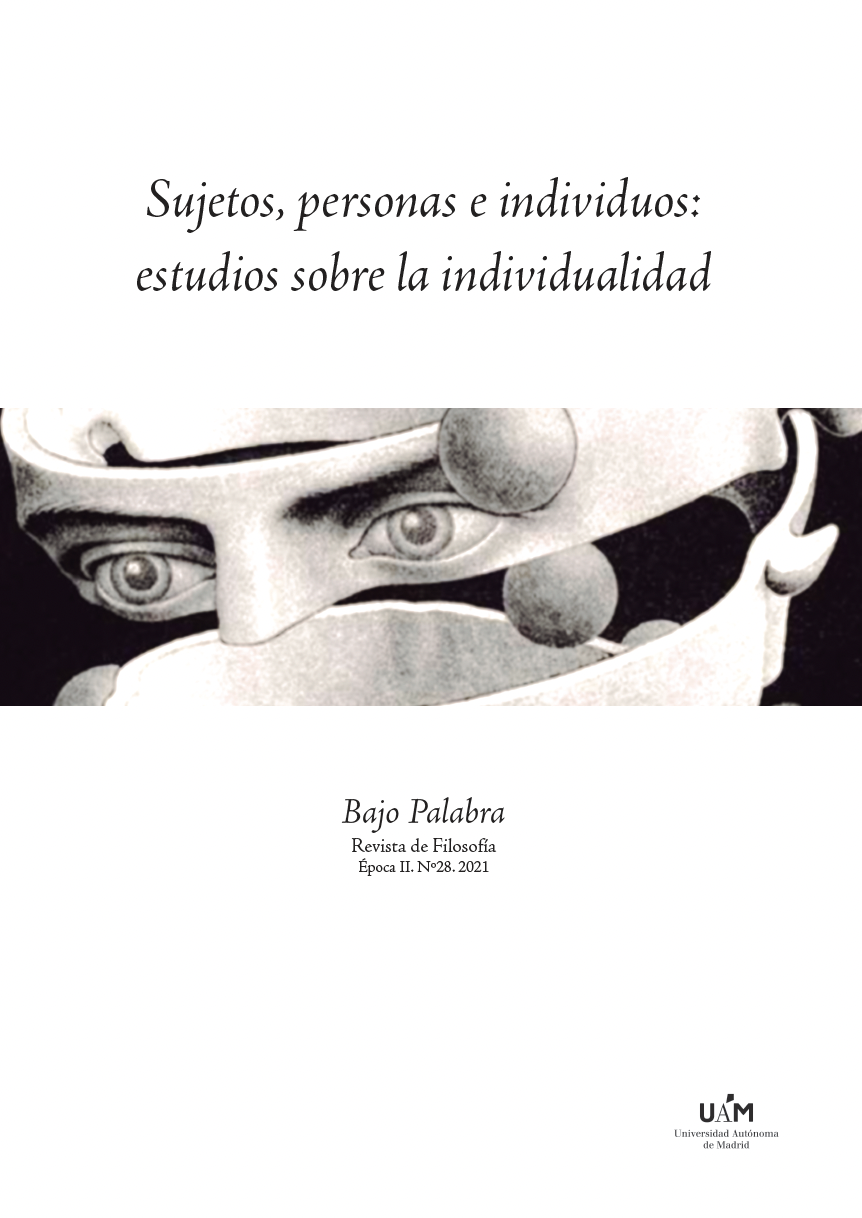La identidad online. El proceso de adscripción y detentación identitaria desde los márgenes. Subversión y agenciamiento feminista
Palabras clave:
identidad, género, videojuego, redes sociales, agenciamiento feministaDerechos de autor 2021 Xandra Garzón Costumero

Esta obra está bajo una licencia internacional Creative Commons Atribución 4.0.
Resumen
El proceso de construcción identitaria
online está afectado por un sistema de relaciones de género que insta al hombre
a actuar bajo el modelo de masculinidad
hegemónica y relega a la mujer a construir su identidad desde la otredad, de
manera especular, teniendo como medida de todo al hombre. La socialización
online ha adquirido una importancia capital sobre todo después de la pandemia
de 2020, siendo el videojuego el principal producto de ocio de masas. Los datos
indican que más del 60% de las mujeres
esconden su género o se hacen pasar por
hombres cuando juegan online y más del
77% afirma haber sentido frustración
por su género al jugar. Esto es un grave
inconveniente para la construcción identitaria de ambos géneros, y puede tener
como consecuencias la expulsión de las
mujeres de estos ámbitos. Ante ello, es
necesario crear espacios en los que las
mujeres puedan sentirse seguras y encontrar la libertad necesaria para desarrollar
su personalidad online y su ciberyo, con
autonomía y creación.
Descargas
Citas
Amorós Puente, C. (1987). Espacio de los iguales, espacio de las idénticas. Notas
sobre poder y principio de individuación. Arbor. Vol. 503-504 (pp. 113-128).
Bauman, Z. (2008). Identidad. Losada.
Cid Martínez, E. (2020). Civilización, apocalipsis y vestigio (o cómo el videojuego imagina nuestro futuro. Anait, (Recurso online: https://www.anaitgames.
com/articulos/apocalipsis-y-vestigios-eva-cid).
Deleuze, G. y Guattari, F. (1985). Capitalismo y esquizofrenia. El anti-Edipo.
Paidós.
Gamero Cabrera, Isabel G. (2012). ¿Qué implica ser “persona”? Thémata. Revista
de Filosofía, vol. 46. Segundo Semestre. (pp. 675-682).
Garzón Costumero, X. (2021). Por mí y por todas mis compañeras. La mujer
en la industria del videojuego, en A. C. Moreno Cantano y A. Venegas (eds.) La
Vida en juego. Anait.
Haraway, D. (2020). Manifiesto Cyborg. Kaótika Libros.
Jodelet, D. (1986). La representación social: fenómenos, concepto y teoría, en
S. Moscovici (ed.) Psicología Social II: Pensamiento y vida social. Psicología social
y problemas sociales. Paidós.
Lipset, S. M. y Rokkan, S. (1967). Party Systems and Voter Alignments. Free Press.
Mahler, A. (1997). Mi vida. Tusquets. (Recuperado de https://studylib.es/doc/7806794/1---biblioteca-digital-aecid).
Mead, G. H. (1928). Espíritu, persona y sociedad. Paidós.
Munné, F. (2000). El self paradójico: la identidad como substrato del self, en
D. Caballero, Méndez y Pastor (eds.) La Mirada psicológica. Grupos, procesos,
lenguajes y culturas. Biblioteca Nueva. (pp. 743-749).
Muros, B. (2011). El concepto de identidad en el mundo virtual: el yo online.
Revista Electrónica Interuniversitaria de Formación del Profesorado, 14 (2). (pp.
-56).
Ojeda, M. A. N., Romera, C. S. N., y Velasco, J. R. (2017). Estrategias de comunicación y narrativas transmedia: la promoción en entorno digitales de los
videojuegos Diablo III y Diablo III, Reaper of Soul, en Territorios transmedia y
narrativas audiovisuales. UOC. (pp. 91-108).
— 235
Rubio, M. y Cabañes, E. (2012). El sexo de los píxeles. Del yo-mujer al yo-tecnológico. Revista de Estudios de Juventud, 98, (pp. 150-166).
Judy Wajcman (2004). TechnoFeminism. Polity.
Zafra, R. (2010). Un cuarto propio conectado. (Ciber)espacio y (auto)gestión del
yo. Fórcola.
Reach3 Insights (2021). New Research Reveals 59% of Women Surveyed Use a
Non-Gendered/Male Identity to Avoid Harassment While Gaming (Recuperado de
https://www.reach3insights.com/women-gaming-study).
Terebi Magazine (https://terebimagazine.es/).

